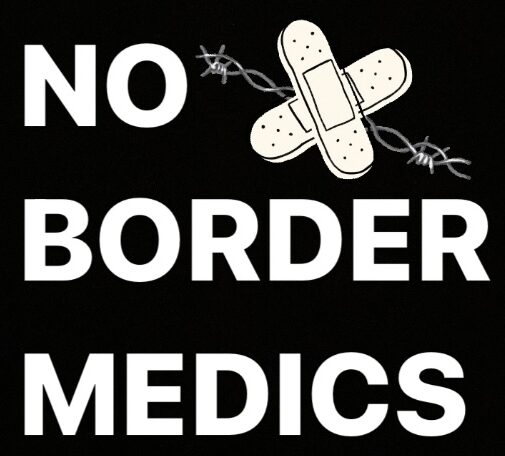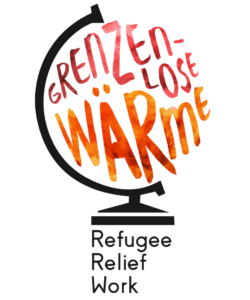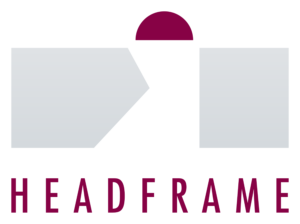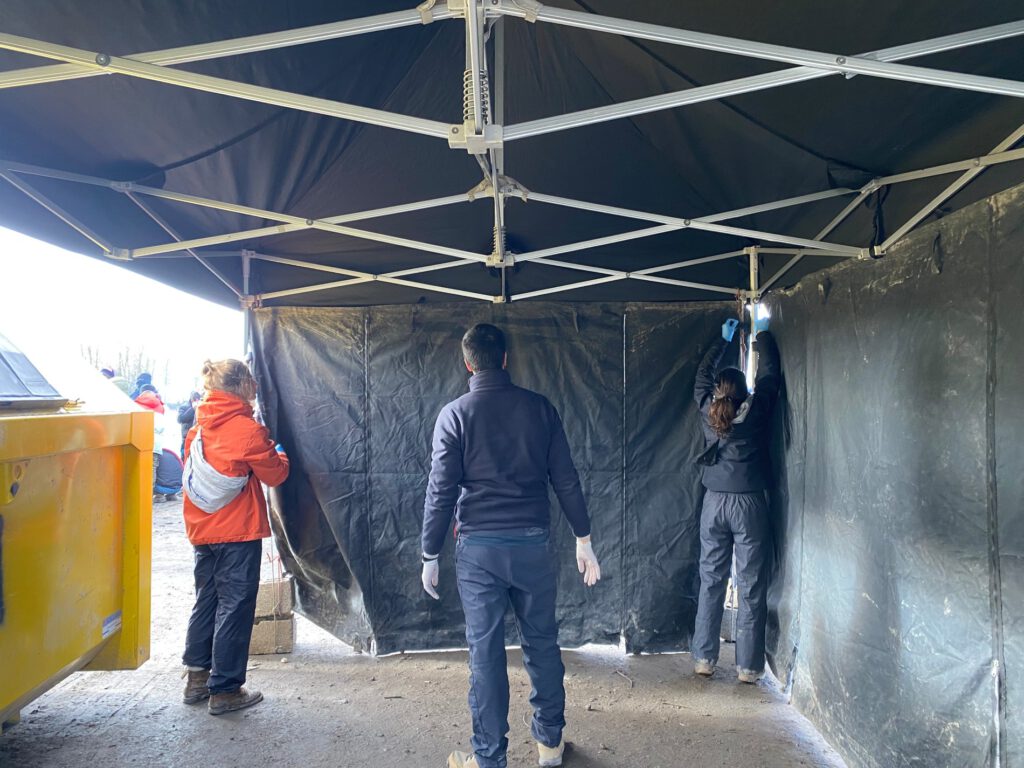
Our mission
Mobile medical aid for refugees in Dunkerque and Calais
Our team, consisting of two coordinators and alternating volunteers with medical qualifications (doctors and nurses), tries to ensure continuous and reliable primary medical care.
We are on site 6 days a week during the day with our “mobile clinic”. This consists of a large treatment tent to protect against rain and wind as well as a converted and heated van with a treatment couch for examinations.
This also gives us the opportunity to offer our patients, especially vulnerable groups such as women and children, a safe space and more privacy.
Our aim is to be an accessible and needs-oriented contact point for all local people.
Evictions by the police take place regularly, which is why the location of the camp is constantly changing and we have to relocate our work time and again.
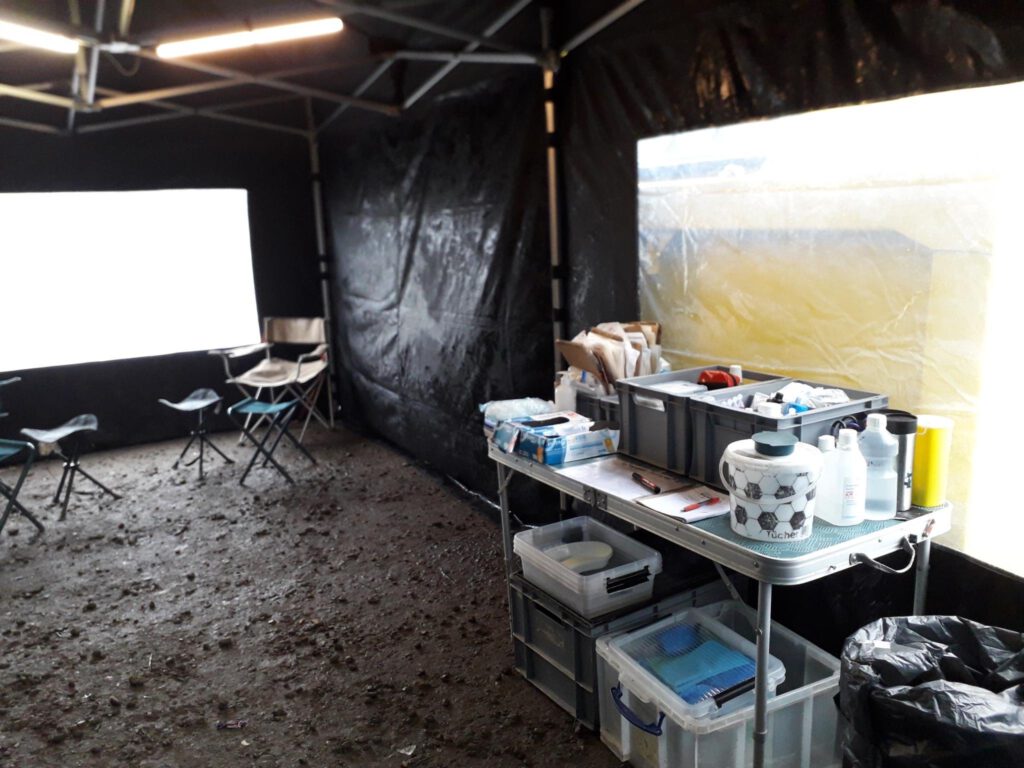
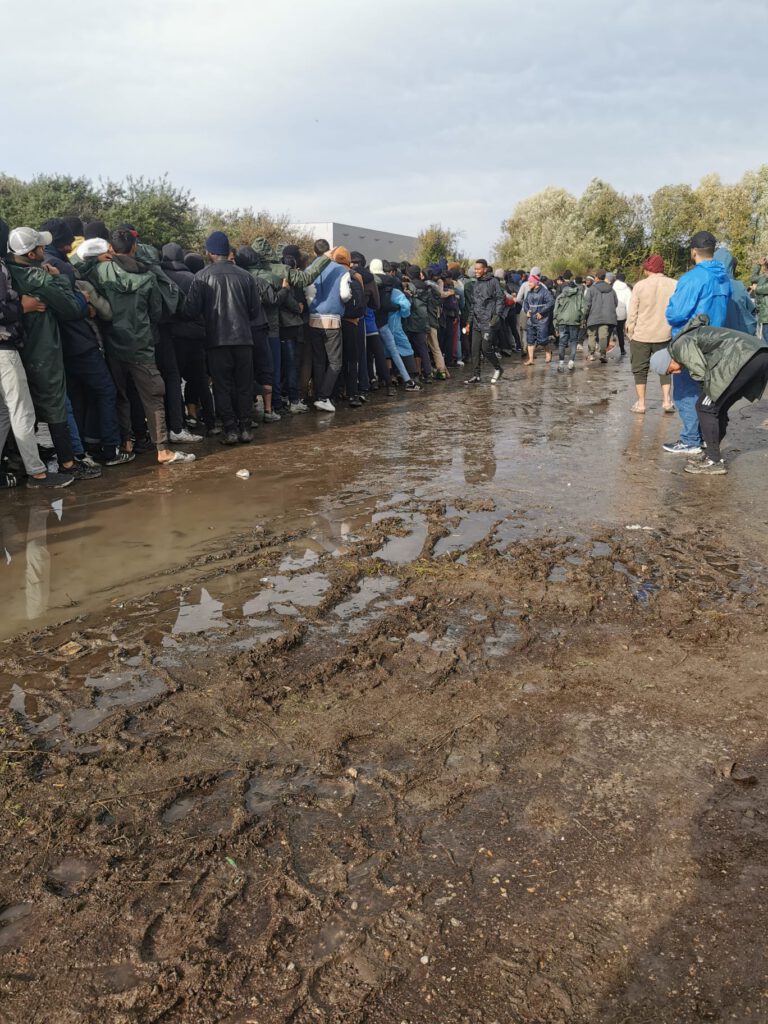
The places where we are active
Dunkirch/Calais
Thousands of displaced and refugee people are currently living in and around Calais. They come from Sudan, Afghanistan, Iran, Iraq, the Kurdish region in northern Iraq, Libya and other countries.
They leave their homeland for various reasons in the hope of peace and stability in Western European countries or Great Britain.
Due to the Dublin Agreement, many of the people staying in northern France have little chance of seeking asylum in an EU member state.
Great Britain is often the last chance to apply for asylum on the European continent.
Many of the refugees have been on the move for many years and want first and foremost to arrive and build a new life.
To get to the UK, people have to cross the English Channel (25-40 km, depending on the starting point and destination).
They try to do this by boat, truck or train. There is no legal option, so the crossing is often very dangerous and in some cases fatal.
It can take years to make it to the UK.
Most people are forced to live in unbearable and dangerous conditions in tents in the city center or in the forests surrounding the city.
They are subjected to daily psychological and physical violence by the police and have poor access to essential survival items such as water, food and clothing, as well as medical care.
This is where the work of No Border Medics comes in.
Other local NGOs provide food, clothing, sleeping bags, etc. However, there is currently no other NGO that offers continuous basic medical care.
